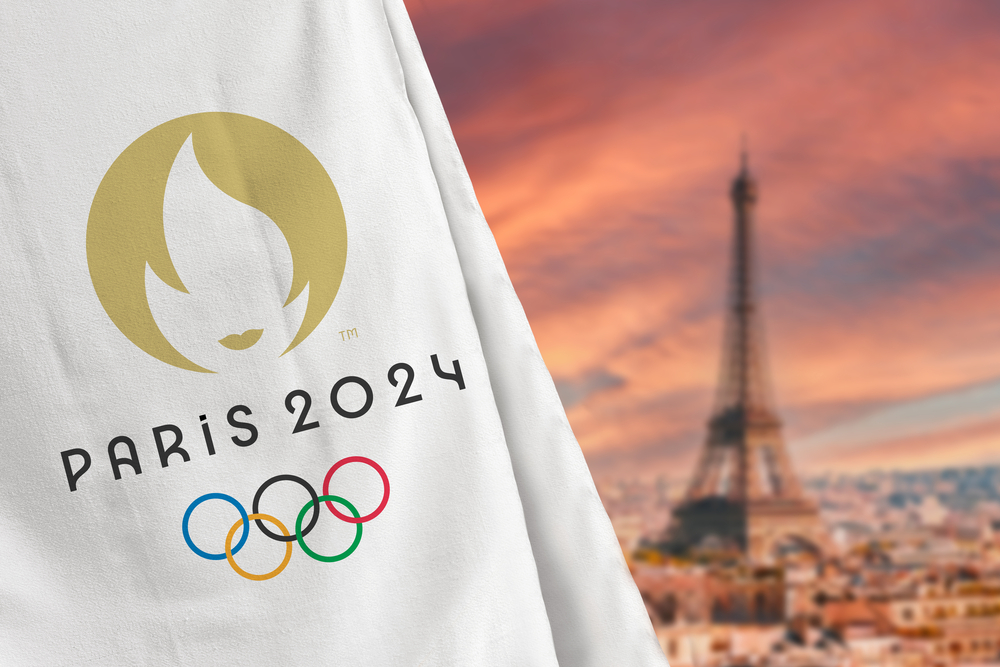The upcoming Paris Olympics will be unique and unprecedented, as athletes from Russia and Belarus will compete as Individual Neutral Athletes (AIN). This arrangement comes as a result of the International Olympic Committee’s (IOC) decision to impose strict regulations on athletes from these countries following Russia’s invasion of Ukraine, which Belarus supported. Consequently, these athletes will compete without their national flags or anthems and will not be included in the official medal table.
Background of the Ban
In response to Russia’s invasion of Ukraine and Belarus’s support of the conflict, the IOC banned both countries from sending official teams to the Paris Olympics. This decision is part of broader international sanctions aimed at isolating Russia and Belarus on the global stage. Despite the ban, the IOC has allowed individual athletes from these nations to compete, provided they meet stringent criteria ensuring they do not support the war or have military links.
Criteria for Participation
The IOC’s criteria for allowing Russian and Belarusian athletes to compete include:
- No Support for the War: Athletes must publicly demonstrate that they do not support the ongoing conflict.
- No Military Links: Athletes must not be associated with the military or any military-funded organizations.
- Strict Doping Regulations: Given Russia’s history with doping scandals, athletes must comply with rigorous anti-doping regulations.
Limited Participation
Historically, Russia has sent some of the largest contingents to the Olympics and has been one of the medal-winning heavyweights. For instance, at Tokyo 2020, the Russian Olympic Committee sent 335 athletes, and Belarus sent 101. However, this time the numbers are significantly reduced. The IOC has invited just 36 Russian and 24 Belarusian athletes. Of these, only 15 Russians and 17 Belarusians have accepted the invitations.
Resistance from Sports Federations
While Russia has not announced a boycott of the Games, some of its sports federations have expressed strong objections to the conditions imposed by the IOC:
- Weightlifting Federation: Citing the “unsportsmanlike selection principle,” the Russian Weightlifting Federation turned down invitations for 10 athletes, nine of whom had initially accepted.
- Judo Federation: The Russian Judo Federation declined the invitation for its four athletes, with one of the invited athletes initially accepting before rejecting the “humiliating conditions.”
Impact on the Olympics
The inclusion of Individual Neutral Athletes from Russia and Belarus under these strict conditions marks a significant departure from traditional Olympic participation:
- Medal Table: Athletes from these countries will not contribute to their nations’ standings on the official medal table, altering the typical dynamics of Olympic competition.
- Symbolism: The absence of national symbols such as flags and anthems underscores the political and ethical dimensions of their participation.
- Athlete Experience: Competing without national recognition may affect the morale and experience of the athletes, who are used to representing their countries proudly.
What to Expect
For the athletes who have accepted the invitations, the Paris Olympics will present unique challenges and opportunities:
- Focus on Individual Achievement: Without the backdrop of national representation, these athletes will likely focus more intensely on personal performance and sportsmanship.
- Increased Scrutiny: They will be under increased scrutiny to adhere to the IOC’s stringent criteria and demonstrate their commitment to the values of the Olympic movement.
- International Reactions: The global audience and fellow competitors may have mixed reactions to their participation, adding a layer of complexity to their Olympic journey.
Conclusion
The participation of Russian and Belarusian athletes as Individual Neutral Athletes at the Paris Olympics reflects the ongoing geopolitical tensions and the IOC’s efforts to balance inclusivity with ethical considerations. While the number of participants from these countries is drastically reduced, their presence under neutral status serves as a powerful statement about the intersection of sports and politics. As the world watches the Paris Olympics, the performance and reception of these athletes will undoubtedly be a focal point, highlighting the broader implications of the IOC’s decisions in the face of international conflict.
By navigating these unprecedented circumstances, the athletes who compete as Individual Neutral Athletes will exemplify the Olympic spirit of resilience and determination, while also contributing to an important dialogue about the role of sports in global politics


